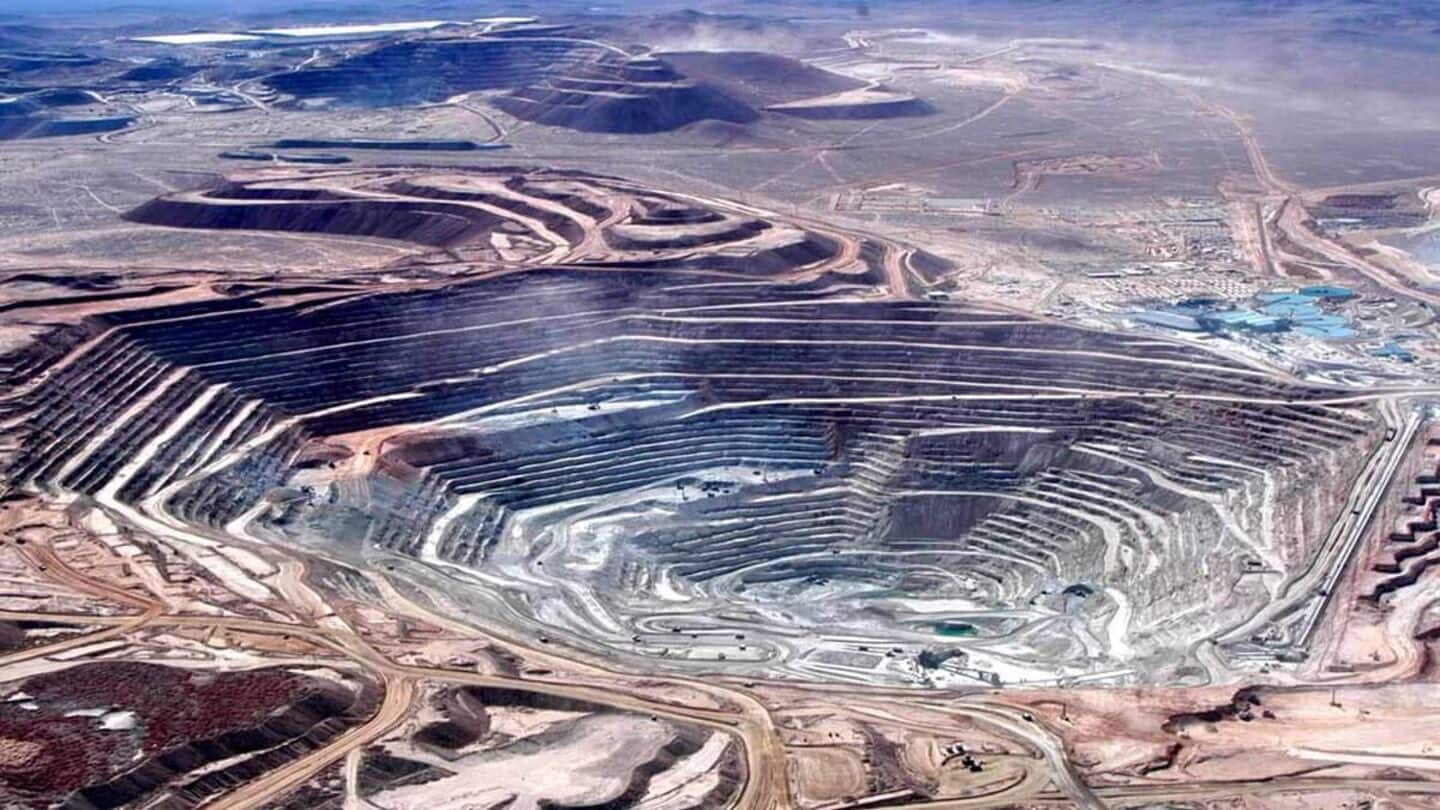
'Reko Diq mine can turn Pakistan's economy around': Asim Munir
What's the story
Pakistan Army Chief Field Marshal Asim Munir has unveiled a plan to exploit the country's untapped mineral resources, which he believes could turn around its economy. In an interview with Pakistani writer Suhail Warraich, published in Jang media, Munir highlighted the potential of the Reko Diq mining project in Balochistan. He estimated that Pakistan could earn at least $2 billion annually from next year from this venture.
Economic prospects
Reko Diq mine, world's largest copper and gold deposit
The Reko Diq mine is one of the world's largest undeveloped copper and gold deposits. However, its location in Balochistan, a region plagued by insurgency, poses challenges for the mining project. Despite these hurdles, Munir is optimistic that tapping into this mineral wealth will help reduce Pakistan's debt and propel it toward prosperity.
Strategic shift
US interest in Pakistan's rare earth minerals, oil reserves
Munir's comments come as the United States has shown interest in Pakistan's rare earth minerals and oil reserves. Reports suggest that Washington and Islamabad have discussed extracting these resources, as the US seeks to diversify its supply chains away from China. Rare earth elements are vital across industries, including automotive and defense.
Diplomatic developments
Reducing reliance on China for rare earths
The US military heavily relies on rare earths from China, but Washington is now looking to reduce this dependence. The Washington Post reported that President Donald Trump's outreach to Islamabad is "less about oil than minerals." Recently, Munir has visited the US twice for high-level engagements, indicating the improving ties between the two nations.
Economic cooperation
US-Pakistan trade agreement amid declining India-US ties
On Pakistan's Independence Day, US Secretary of State Marco Rubio expressed interest in "exploring new areas of economic cooperation, including critical minerals and hydrocarbons." This came after a new trade agreement was announced to lower tariffs and attract US investment in Balochistan's mining projects. In contrast, India-US relations have soured with Trump slapping 50% tariffs on Indian exports for purchasing Russian oil.
Geopolitical dynamics
Balancing act for Pakistan as it navigates economic recovery plans
As Pakistan moves closer to the US, it must also consider its relationship with China. Beijing has invested heavily in Pakistan through the China-Pakistan Economic Corridor (CPEC). Munir has hinted at a strategy of balancing ties with both countries, stating, "We will not sacrifice one friend for the other." This delicate balancing act is crucial for Islamabad as it navigates its economic recovery plans.